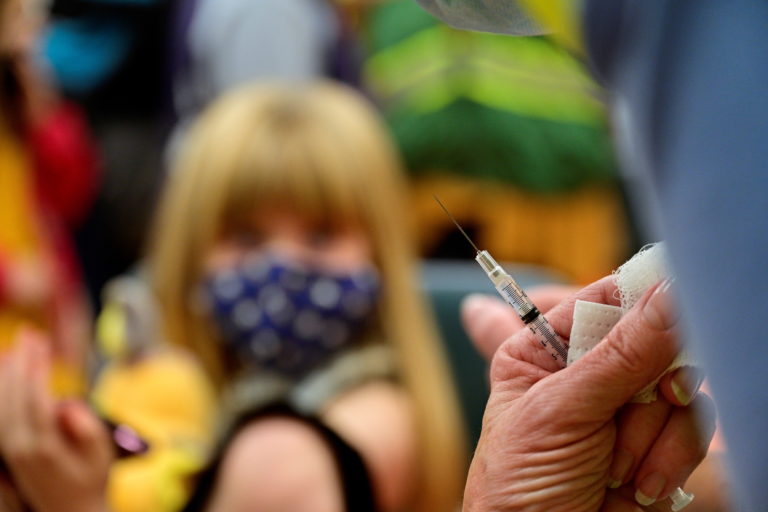Dr. Yvonne Maldonado:
Well, first of all, let me just say that we haven't seen any of the data, even though we're doing the trials. We're all blinded to the data, which is important. The FDA will be posting the data, we hope, and we will be able to get a better look.
But the bottom line is that the dose that's being given to the under-5's, by necessity, needs to be lower because the higher doses given to the 5-to-11-year-olds, which themselves were less than the adult dose — so it's 30, 10 and three micrograms, so a stepwise lowering of the dose — they just provide a better tolerance of the vaccine.
So, the three-microgram dose, the lowest dose, provides a very acceptable safety profile, less fevers, for example. But it also didn't provide the same high degree of antibody responses that we're seeing in the older children and adults.
But we just don't know the data. We haven't seen it yet. So it will be helpful to see to what degree there were positive antibody responses in that age group. And perhaps there may even be some data around prevention of disease and prevention of symptomatic cases.









